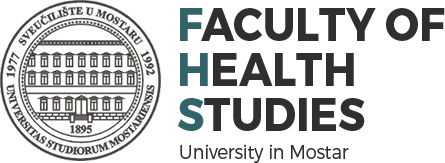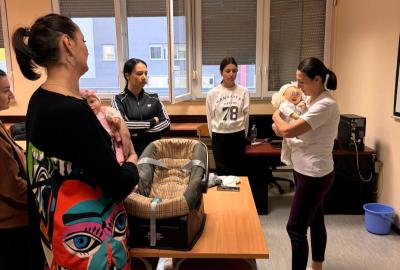After graduation, students find their place in lines of work described by the law, which are inspection services, working in a hygiene-epidemiological and microbiological team, working in laboratory for chemical and microbiological examination of food and general use objects, working in laboratories for chemical and microbiological examination of all kinds of waters, working in laboratories for examination of waste, soil, air and ecotoxicology using highly sophisticated equipment, and working in units for sanitary techniques, DDD jobs and sterilisation units.
Considering their qualifications, they find work in state administration – inspection services, public health sector – Public Health Department, hospitals, tourism, private sector, private DDD companies.
These experts would be trained individually or in a team where they can propose programs and projects needed for controlling environmental factors which affect human health, and monitor and evaluate the efficacy of implemented measures.
This expert is trained for work inside the health protection system, with the main focus on protection of population from negative influences from environment, protection of environment from potentially negative human influences and for quality improvement of life environment
-Developing students' knowledge in the areas of environment and health
-Students will be able to recognize and describe ways of expositions of people to noxas
-Identification of health hazards; Define sustainable development in terms of environment and professional health;
-Understanding ethical and legal principles which apply to environmental and professional health;
-Explain new trends in legislation;
-Understand the basic concepts of evidence-based environmental and professional health;
-Evaluate health and safety risks, and introduce preventive measures;
-Consider the ways of developing preventive strategies for targeted groups based on specific risks;
-Be able to write professional reports on environmental and health problematics, as well as relevant plans and programs of health protection measures;
-Be able to participate in public debates;
-Be able to inform the public about the concepts of risk;
-Be able to participate in the activities of health promotion and disease prevention;
-Taking samples for laboratory analyses
-Understanding the methods of laboratory measures;
-Recognize which laboratory methods are appropriate for identifying health risks;
-Performing sanitary inspection jobs;
-Be able to evaluate health risks in accordance with contemporary methods of health-ecologic research
-Be able to organize protection measures
-Develop didactic and communicational skills





































